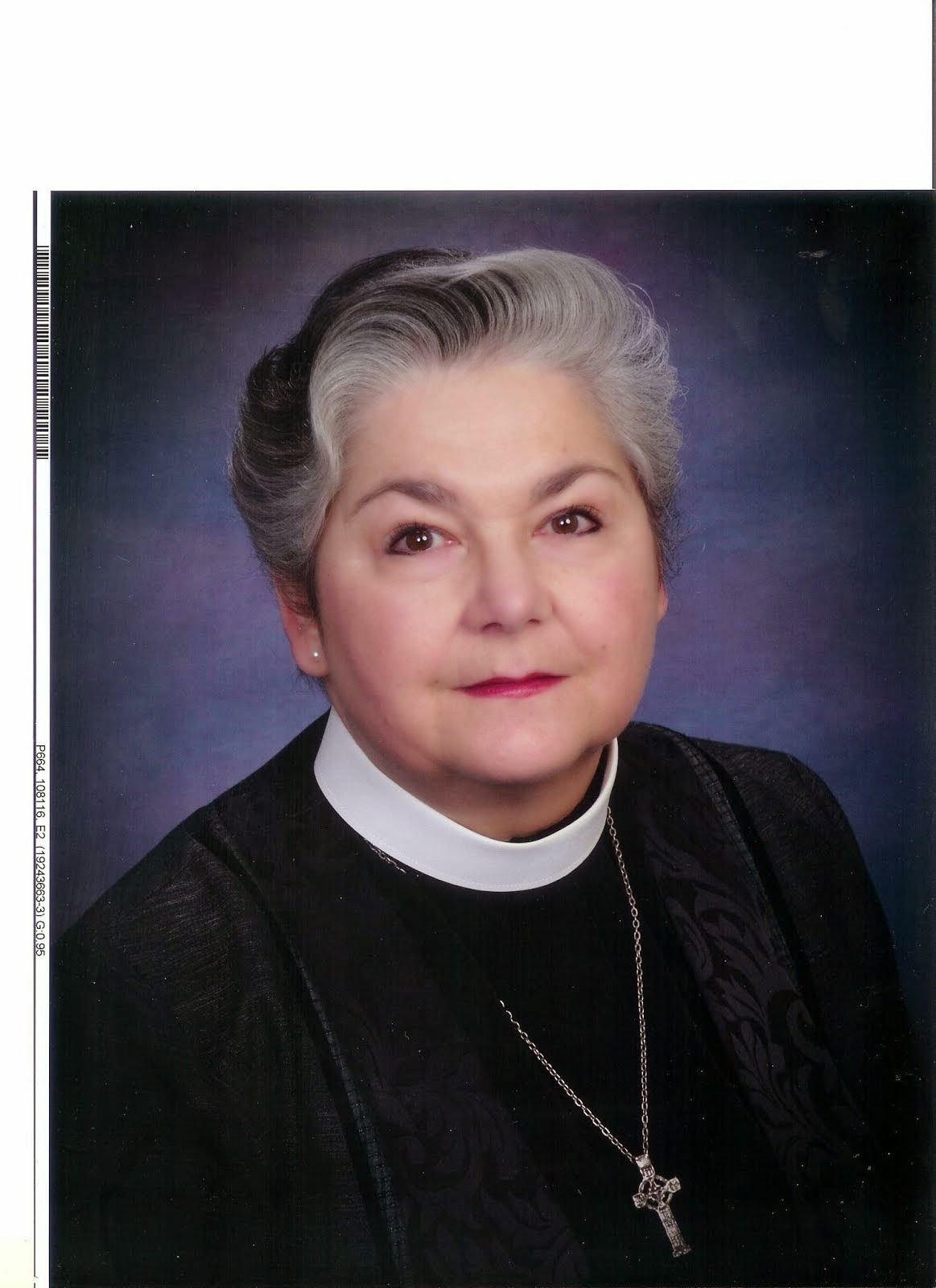Oh, that Jesus! Such a kidder!
Be perfect as your Father in heaven is perfect.
Yeah.
Right.
Perfect, that’s me. Just like…um….God. And my secret husband is Liam Neeson and I’m six feet tall and blonde with high cheekbones and no spider veins or wrinkles. Perfect.
But when Jesus says perfect here, he’s not talking about Hollywood perfect. No, he’s talking about heaven perfect.
But he’s also talking about earthly perfect. And it’s such a relief to know that we can discard the Hollywood perfect part and just focus on the perfect that Jesus worries about – the perfect that is all about loving each other, even when the object of our love is pretty unlovable.
Well, maybe it isn’t so easy after all.
Loving those whom it would be easier to, if not hate, at least dislike.
Jesus jabs us in the ribs when he tells us about it….he says “being nice is easy. Even the tax collectors – the most hated people in society at that time – can be nice to those they love. Aren’t you better than that, having known me?”
No, followers of Christ are expected to up the ante, as it were. No surprise there – we’ve been hearing about Jesus intensifying what the law means in practice for the past several weeks. And that intensity is all about one thing, one word, one practice: love. Loving even when it’s hard. Loving even when it seems counterintuitive. Loving when you want to turn away.
And once again, Jesus jabs us in the ribs. “And don’t only be loving towards your own people, because even people who don’t know me – even Gentiles – can manage that. Aren’t you better than that, having known me?”
No, you have to love even when it’s hard. Even when it seems counterintuitive. Even when you want to turn away.
And it reminds me of that moment, much later in the gospel, when Jesus and the disciples are sitting around the dinner table after a beauty and highly symbolic meal, when he tells them and us to keep having such meals, so that we don’t forget the love shared around the table and the promises shared around the table. And Jesus ends this lovely meal with a word of warning: “One of you is going to betray me.”
They are horrified. Except, of course, for the one who will do the betraying. He has already set the wheels in motion, this betrayer. The disciples all say, “surely not I, Lord?” They say it with that little question mark at the end…until the one who will hand Jesus over says the question. No question mark in his voice. He knows what will happen, and so does Jesus. And softly, Jesus says, “You have said it.”
But then the meal is over, and they sing a hymn, and they go out to the Mount of Olives, and Jesus goes to pray. He tells the disciples that they, too, will betray him, and of course they deny it. He asks the disciples to sit and wait with him, but they fall asleep while he prays. They betray him by their inability to even stay awake, by their running away, so that when the hour comes, only one disciple and the two Marys are with him.
Betrayal…perhaps that is the opposite of love, not hate. The absence of the ability to do what you have promised. The turning against the one you love. And all Jesus asks for is love.
And all Jesus gives is love.
Even when Judas turns away and offers him to the chief priests and scribes, Jesus doesn’t stop loving him. He grieves, but he doesn’t hate.
Even when the disciples fall asleep while he prays, even when they run away and hide, he doesn’t stop loving them. He is disappointed in their weakness, but he doesn’t hate.
No, he does the harder thing. He keeps on loving despite what has happened.
Did he think of those words we heard this morning at those moments? “Love your enemies and pray for those who persecute you, so that you may be children of your Father in heaven.”
It’s easy when we just speak the words. Not so easy in practice. And yet Jesus, betrayed, tortured, facing death, knowing that he would be alone at the hour of his death, still forgives, still loves. Perfect, as our Father in heaven is perfect. Perfect love.
Not vengeance. Not an eye for an eye or a tooth for a tooth. “Love your enemies and pray for those who persecute you, so that you may be children of your Father in heaven.”
We live in a dangerous world. There are bad people and misguided people and greedy people who want to cause harm. Some would say we are naïve, we Christians, because Jesus, who was not the least bit naïve about evil in this world, said “Love your enemies and pray for those who persecute you, so that you may be children of your Father in heaven.”
No, Jesus is not denying the evil. He is telling us that the way to conquer evil is with something that is ultimately more powerful than guns or bombs or chemical weapons…it is love.
We saw a little of that in action – in imperfect action, to be sure, but in action nonetheless – in the past couple of weeks in Egypt. People turned out into Tahrir Square crying out for freedom. Were they advocating overthrow of a regime that they believed was repressive? Yes, they were. But ultimately, what they were advocating for was a nation that would be loving toward all its people, and their cry was not one from behind the sight of a scope on a rifle, it was arm in arm in a loving community. Their cry for their nation was love – love of each other, love of freedom, love of equality.
Was it perfect? No. There were some acts of violence. A woman reporter was terribly assaulted, a horrific thing. Some groups of people with specific agendas fomented some fighting. But it was an imperfect step toward something more perfect.
A reporter watched amazed at the aftermath of the demonstrations. Over a hundred thousand people stood in the square until Mubarak stepped down. The next day after it was over, people came and meticulously cleaned up the square until it was, as the reporter noted, as sparkling clean as Zurich, in the incredibly obsessively clean nation of Switzerland.
Perhaps perfect love, like perfect nationhood, is more of a process than a fixed state. Perhaps what Jesus is telling us is not that we flip a switch and suddenly let go of all anger and resentment and discomfort and just love everybody.
So we enter today into that process. What steps move us along the path to perfect love. We stop sniping at the person who makes us feel small. We smile at them instead. We stop complaining to our friends about the teller at the bank who asks for four pieces of identification when we want to cash a check. We say to that teller, “It must be hard to have to keep asking people for all this stuff.” We don’t say to our children that our spouse is just being silly or stupid, undermining parenting. No, we love our spouse for trying, and we share concerns or disagreements with respect rather than manipulating the children.
We co-opt difficult people at work with love.
We don’t become doormats – that’s not what I’m saying here at all – but we don’t respond to bad behavior but doing the same or even upping the ante.
Because, you know, if God worked that way with us, God would be smiting us all the time, wouldn’t he?
But God doesn’t. Why? Because we are God’s beloved creations, and beloved means all the time, not just when we’re doing it right.
If God can love us perfectly, it seems we might be able to love a little better, a little more perfectly, even if we don’t make it all the way to “as perfect as our heavenly Father.” One act of love at a time. One step away from all those things like revenge and just desserts and he’s got it coming and eye for an eye, tooth for a tooth.
If Jesus could love his disciples that even after they dropped him at Gethsemane and let him die on the cross, he still came back for a visit, well, we have some work to do, don’t we?
Live with love at the center, imperfect but moving toward perfect. Live as the 13th Century mystic and poet Hafiz described:
Plant so that your own heart will grow.
Love so God will think, "Ahhhhhh, I got kin in that body! I should start inviting that soul over for coffee and rolls.”
Sing, because this is a food our starving world needs.
Laugh, because that is the purest sound.
Yes, love. Even when it’s hard. It isn’t as hard as the alternative. Ask Jesus, and trust the process.
Amen.






